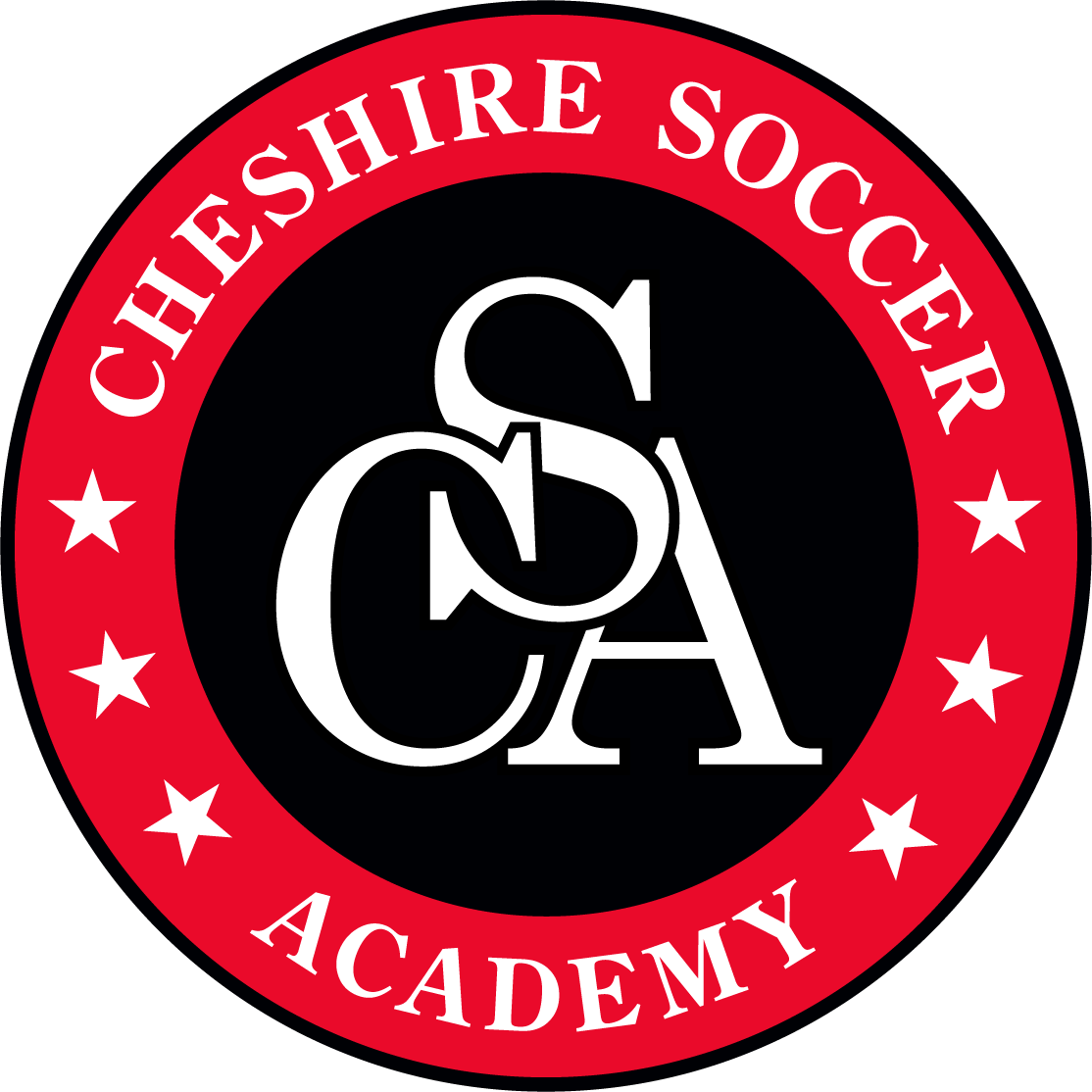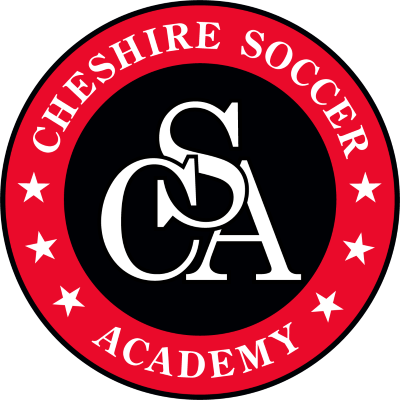College Pathway
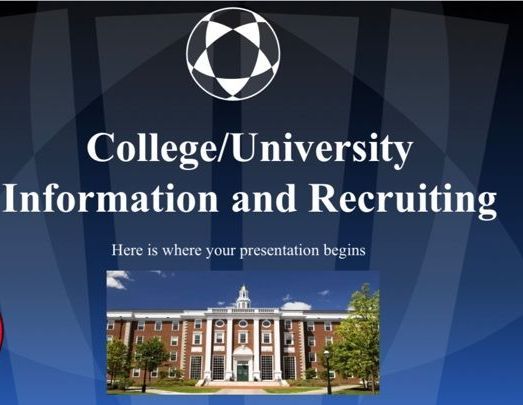
Cheshire Soccer Academy will hold workshops to help guide players and parents through the process of finding the right college/university for those players looking to compete at that level.
The workshops will cover the following topics: procedures of contacting college coaches, explain NCAA clearinghouse, help narrow down school choices based on player's individual needs, and more. Workshop dates will be announced in the near future.
Where to start!
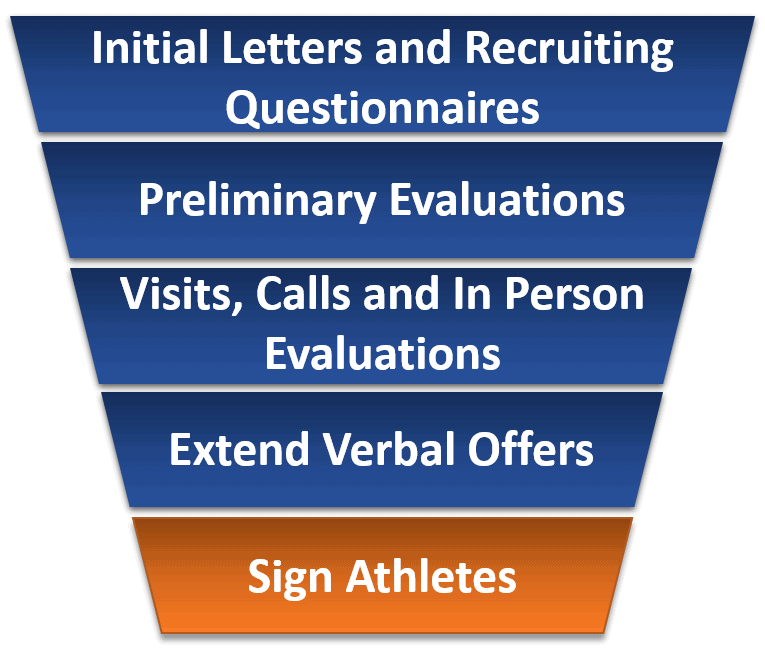
Highlight Video
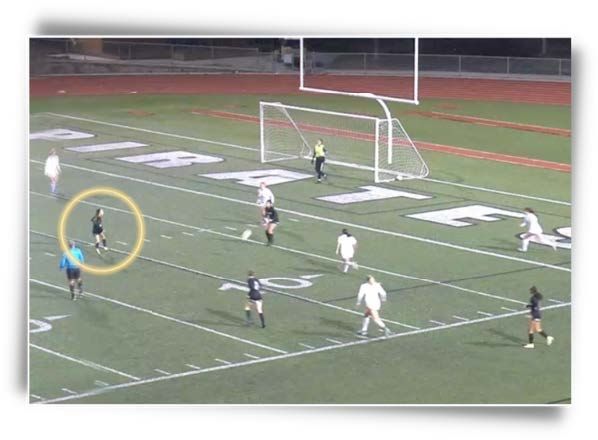
Make sure that your HIGHLIGHT VIDEO includes the following 3 things:
A) BIO PAGE - The Bio page should have a 5-10 second short interview of you introducing yourself next to the information about you. Coaches are
looking for people, not just players. Giving the coaches a small taste of your personality can go a long way.
Your BIO PAGE can include:
• Name
• Team Name and Level of Team
• Position
• GPA
• High School Name
(Optional, put in the bio if
your school is famous for
their soccer team)
Your BIO PAGE can include:
Writing your accolades are
optional (only put 1-2 down
as to not make the bio page
too crowded with words.)
B) CIRCLE YOURSELF IN THE
VIDEO RIGHT AWAY
• If coaches don’t know which player you are for even 1 second, they will not want to watch your video
C) INCLUDE SHOT VARIETIES - By varieties we mean some clips that are
ZOOMED IN on you, as well as ZOOMED OUT. Ask your soccer mom or dad to
film close-ups of you from the sideline mid-game! Having zoomed in clips
allows the coach to see your skill up close, while having zoomed out clips
let's a coach see your positioning and field vision relative to other players."
Email Communication
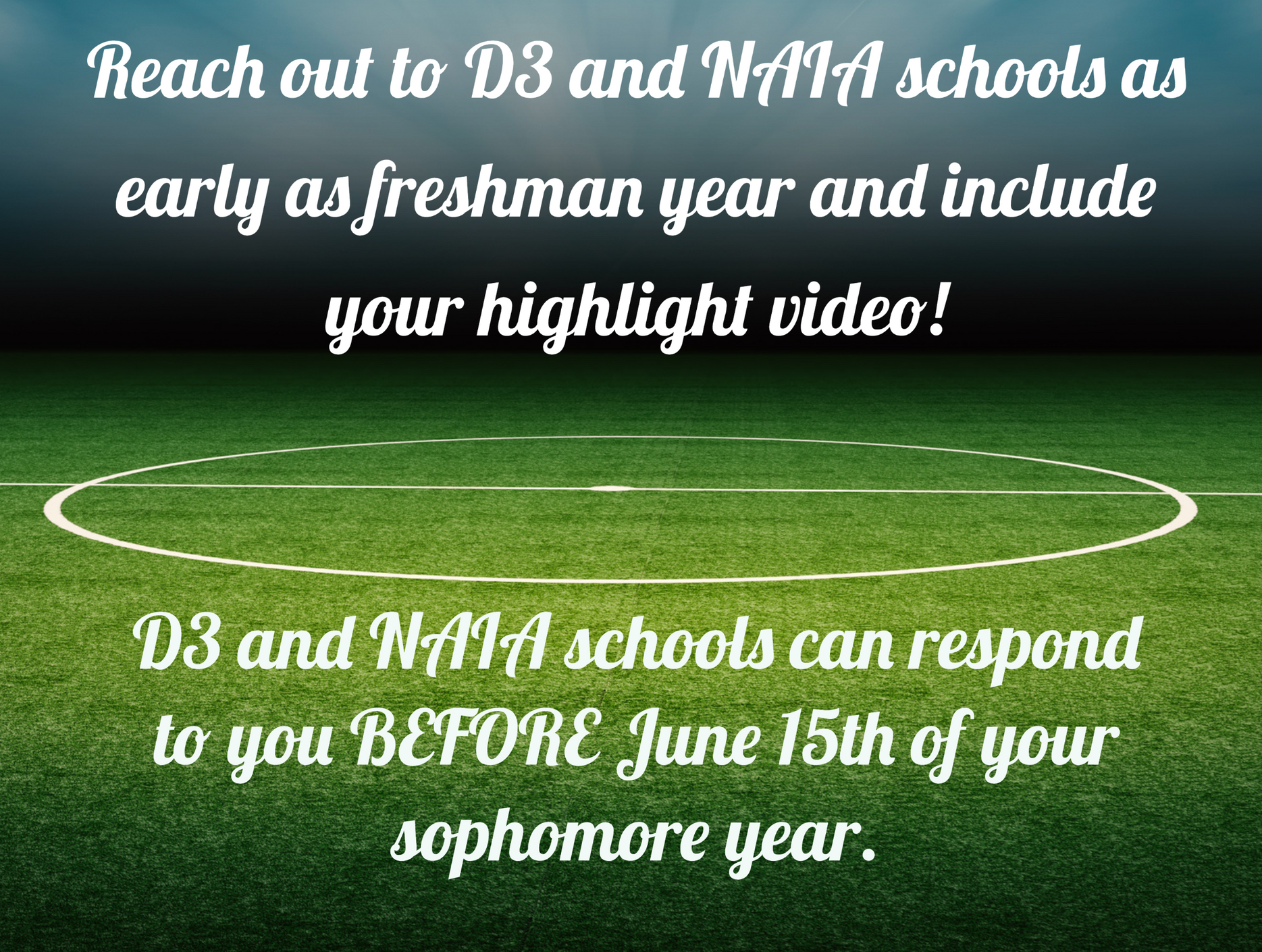
When reaching out to teams it is important to start out with an email. Most coaches will not pick up the phone without some email interaction first. In your very first email to coaches I recommend writing the following:
A) When you begin emailing teams it is wise to create a list of 50-100 schools you plan to email. Do not only email the schools you are interested in. There are many schools you don’t know about that you might be interested in, and more importantly, the college soccer world is very small.
GO TO COLLEGESOCCERGUY.COM FOR HELP ON CREATING THAT LIST OF SCHOOLS
B) Coaches talk to each other and if you are gaining interest from schools that are not on your top list, you will be able to leverage that against the schools you have more interest in. Gain interest from everywhere and then you can narrow down and get more particular about which schools to prioritize.
C) Remember, less than 5% of you will get to play college soccer so you cannot just pick your favorite schools and expect to get responses. You must earn the right to hear from the schools at the top of your list. Odds are if that school is on the top of your list it is likely on top of many people's lists.
D) Remember this is YOUR email. What I have listed above are suggestions, not rules. Please be sure to make this email your own and only use the above information as a guideline to show the college coaches who you truly are.
Please note that most people think that colleges cannot respond to you until your junior year. This is not accurate.
D3 and NAIA schools can and will email those as early as 9th grade. We strongly encourage you to reach out to those schools as soon as possible to better develop that relationship with them. This way, come June 15th of your sophomore year you can focus your outreach on D2 and D1 programs while already having interest from other schools.
Watch College Games
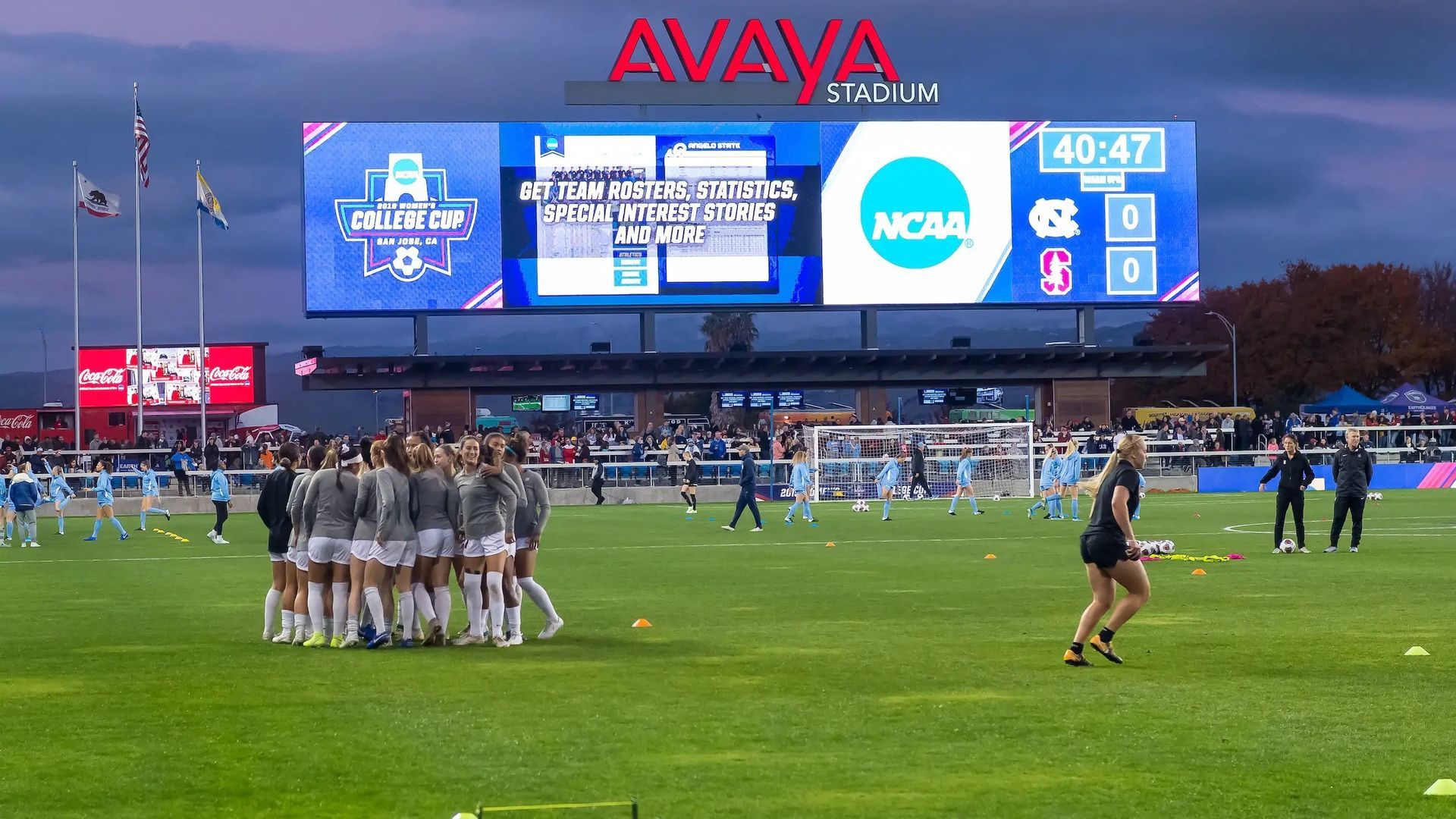
3. During the fall season, go watch college games in your area! To find out when the college teams are playing, go to the team's schedule which can be found on the teams athletic website under “Women’s or Men’s Soccer Schedule.”
Reach out to the coaches via email beforehand and let them know that you are coming to watch. Stay until after the game (wait as long as necessary) and say HELLO! Introduce yourself! You do not need permission to say hello to the coaches.
It may be difficult to find the right time to say hello. However, if you send them an email a few days before the game and they respond in a genuine manner then it will be much easier to able to say “hello” to them because they are aware you'll be stopping by. If you want to be part of the less than 5% that play college soccer you must be willing to the things above and beyond “normal.”
Tab Title
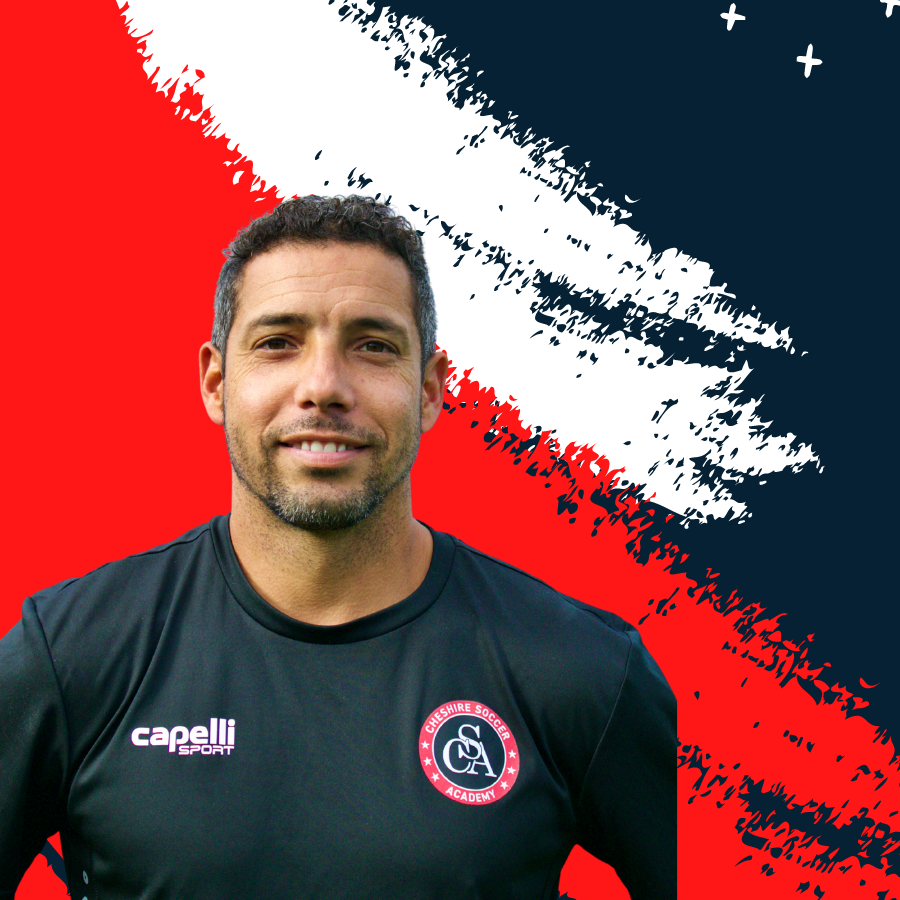
When talking to coaches at college ID camps, instead of asking “Do you like me as a player?”, why not ask questions like “What level do you believe that I can play at?” (NCAA Division 1, Division 2, Division 3, NAIA and/or NJCAA).
Why is it important to ask questions like this? College ID camps are very expensive and you deserve to get the most out of the camp and your money’s worth! If they are not going to recruit you after the ID camp, you at least deserve an honest and professional opinion about what level you are at and where they think that you can best succeed in college soccer. Plus, often when you ask this question, coaches will start asking about you and that is how connections are made!
Be prepared to answer the question “Why do you like our school?” To help you answer this question look up the schools season highlights and take a virtual tour of their school on youtube before the camp.
Things to Avoid
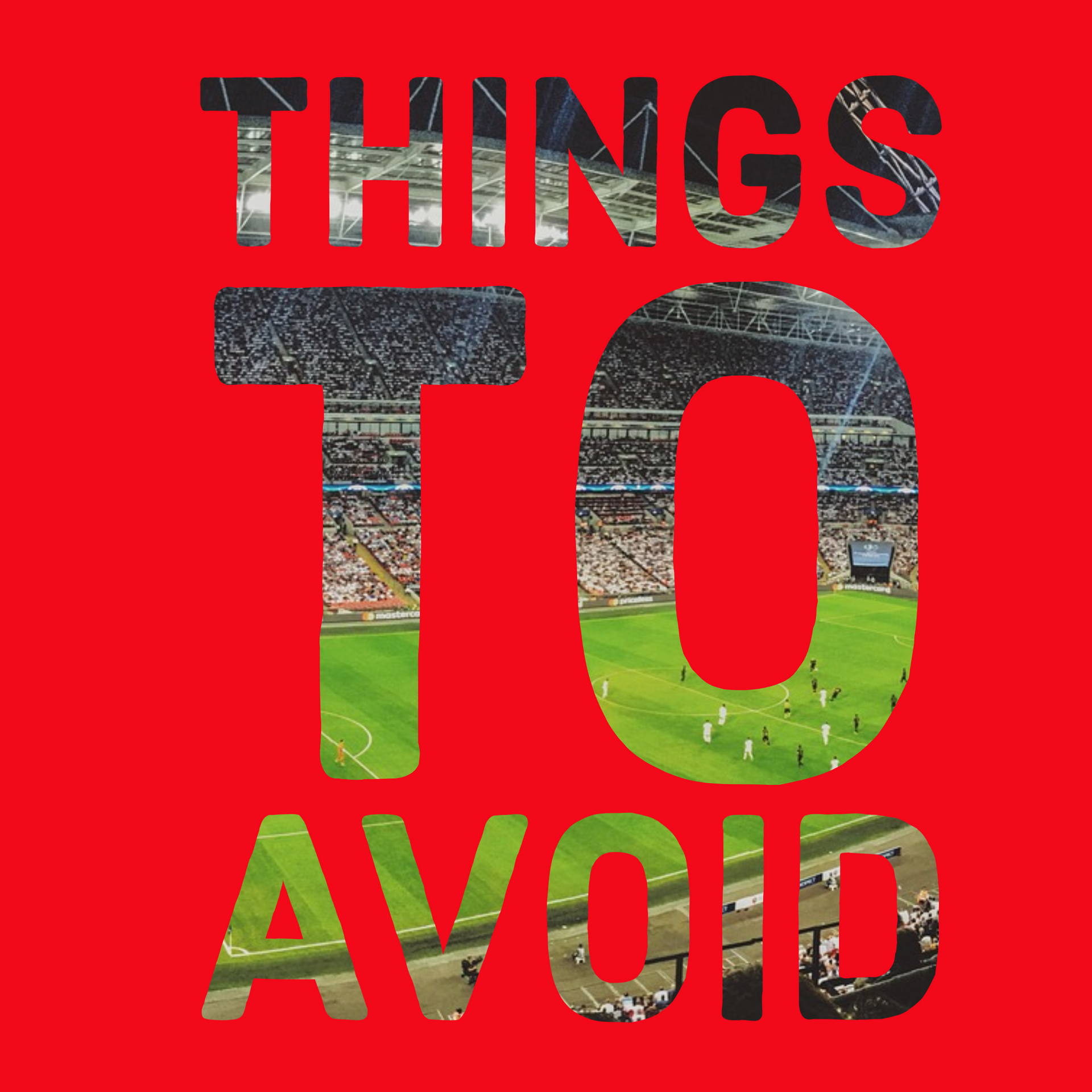
1) DO NOT have your soccer mom and/or dad email the coaches OR call the coaches. The messages must come from you.
“We know how scary this is when you have to speak to the coach by yourself or email them on your own! We think that this is another way of “growing up” as a player. We can’t have mom and dad always doing the work for us. We, as young adults, need to have those conversations with a coach. This is a good sign of maturity and respect! Coaches will take notes!”
2) When you go to a College ID camp you will be put on random teams with people you don’t know. Don’t worry about what team they put you in!!
College ID camps are just as much about testing your ability as well as seeing your personality. Be positive, no matter what the situation! Coaches can read your body language and especially make note of it if you are negative.
3) At the College ID camp, don’t be afraid to ask the coach to play in a position that you feel comfortable in!
What I suggest is when you go up to the coaches to ask them about changing positions, ask them a “question.”
For example, if you played out of position for one game and now want to play in your position, try asking...
“Coach, could I talk to you for a minute?”
“Would it be okay for me to request playing center midfield instead of center back in the next game?”
Always be very polite and very grateful! Kill them with kindness! It is important to be open to trying new positions, but it is also important to vouch for yourself and where you feel your strengths lie.
4) When you are having a phone call with a college coach, do not say that you are interested in the school solely because of their soccer reputation.
You will need a more in-depth answer to this question that encompasses both the academics, location, and athletics. Coaches enjoy it when you show them unique appreciation for THEIR SCHOOL!
5. Don’t worry if you are ghosted by a college coach (a.k.a. you don’t hear back from them!)
If coaches have shown genuine interest at any point, it means that you should continue to pursue that college until you receive an answer back. On the other hand, if you have never gotten a genuine response back, ever, don’t get stuck putting all of your eggs in one basket. Branch out and try to start communication with other schools. You’ll never know what places could be your potential best fit if you never try!
Olympic Development Program (ODP)

If you have the opportunity to play in programs like the Olympic Development Program (ODP), this would be a great accolade to add in your emails to coaches. On top of that, collect video clips at ODP tournaments, games, and events to add to your highlight video!
WHAT ARE THE BENEFITS OF PARTICIPATING IN US YOUTH SOCCER ODP?
1. Development as a player and opportunities to train and play with the top players in one's age group
2. Quality instruction from nationally licensed coaches
3. Quality competition through match play with other state ODP teams
4. Exposure to regional and national team coaches
5. Opportunities to represent in competition one's state, region, or country
6. Exposure to college coaches
